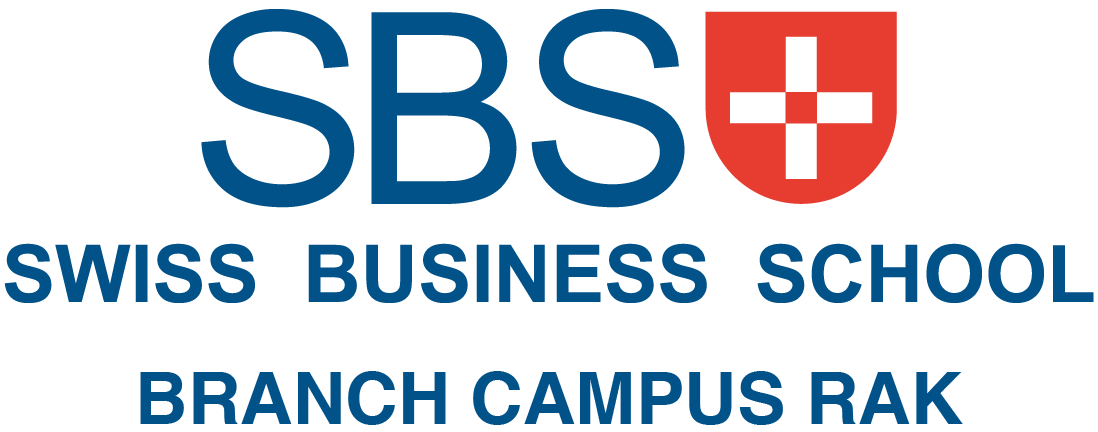
In a global economy that is constantly evolving, it is critical for businesses to maintain a competitive edge. In analyzing current trends, forecasting future developments, and equipping future leaders with the necessary skills to effectively navigate these transformations, business institutions assume a pivotal role. This journal will provide an in-depth examination of the realm of business school analysis, focusing on the most recent developments, forecasts, and their implications for the corporate environment.
The Function of Business Schools in Trend Prediction
In addition to being educational institutions, business schools function as research centers and think chambers where business trends are actively studied and analyzed. They contribute as follows to the forecasting of future business trends:
Extensive research is undertaken by business institutions to discern emerging trends across diverse industries, economic indicators, and market dynamics.
Data Analysis: They generate data-driven predictions regarding future market shifts and consumer behavior by utilizing big data and analytics.
Expertise of the Faculty: Professors and faculty members frequently possess substantial industry experience and infuse their research and teachings with practical, real-world insights.
Student Engagement: Business institutions provide opportunities for students to acquire practical experience in trend analysis through their participation in case studies, research projects, and internships.
Prominent Business Trends and Forecasts
At this juncture, we shall examine a selection of the most notable business predictions and trends that are presently under the scrutiny and discourse of business schools:
The continuous progression towards digitization and automation is fundamentally transforming various sectors. It is anticipated by business institutions that organizations that adopt digital transformation will attain a competitive advantage.
In light of expanding environmental apprehensions, sustainability is emerging as a critical area of emphasis for businesses. Institutions anticipate an increase in the adoption of environmentally, socially, and governance (ESG) criteria and the implementation of sustainable business practices when making decisions.
Remote work has become increasingly prevalent as a result of the pandemic. The transition to a hybrid work paradigm is expected to have significant ramifications for technology, company culture, and productivity, as predicted by business schools.
E-commerce and Online Retail: Academia is placing increasing emphasis on the significance of efficient online marketing, supply chain management, and consumer experience in anticipation of the continued expansion of e-commerce.
Healthcare innovation is anticipated to flourish in the healthcare sector, as evidenced by the growing adoption of telemedicine, the development of personalized medicine, and advancements in medical technology.
Automation and Artificial Intelligence (AI): As AI and automation continue to revolutionize industries, they will have an impact on consumer interactions, employment, and decision-making procedures.
The Effects of Trends in Business on Education
Even business institutions are susceptible to the consequences of these developments. They are adapting to the evolving requirements of enterprises and students:
Business institutions are incorporating courses on emerging subjects such as digital marketing, AI, data analytics, and sustainability into their curriculum revisions.
Students will gain practical experience resolving real-world issues through apprenticeships, consulting projects, and startup incubators, which are all examples of the experiential learning that is being prioritized.
Online Education: As a result of the rise of online business and remote work, the number of online business education programs has increased, making education more accessible to a global audience.
Difficulties and Opportunities
Although the ability to forecast business trends is crucial, it is not without its share of obstacles and prospects:
Students must be instructed in business institutions on how to evaluate and mitigate risks associated with emerging trends.
Companies and professionals must maintain an openness to continuous learning and adaptability in order to remain relevant in a business environment that is constantly evolving.
Educational establishments are critical in cultivating innovation, promoting entrepreneurial endeavors, and generating graduates with the capacity to instigate transformation and disturb sectors.
To sum up, Business institutions are indispensable for comprehending, forecasting, and preparing for forthcoming business trends in an era characterized by persistent disruption and change. They serve as an intermediary between the academic and industrial sectors, providing professionals and students with the expertise, abilities, and understandings required to effectively navigate the ever-changing business environment. Collaboration among business institutions, corporations, and policymakers will be crucial in establishing a sustainable and prosperous global economy in the coming years.
